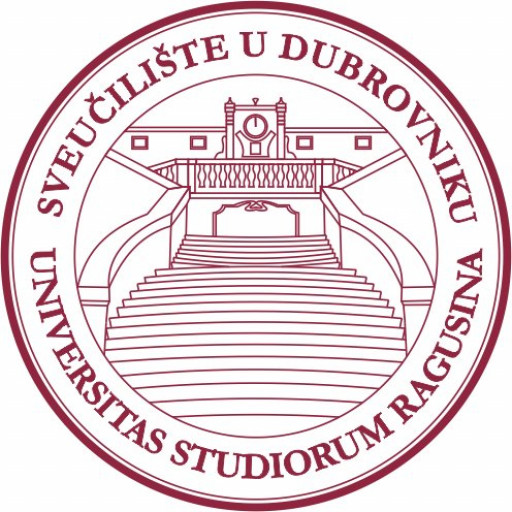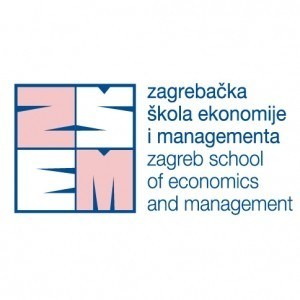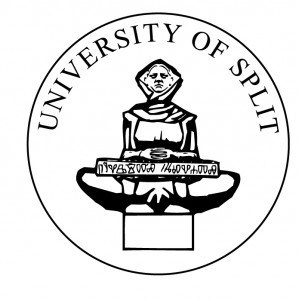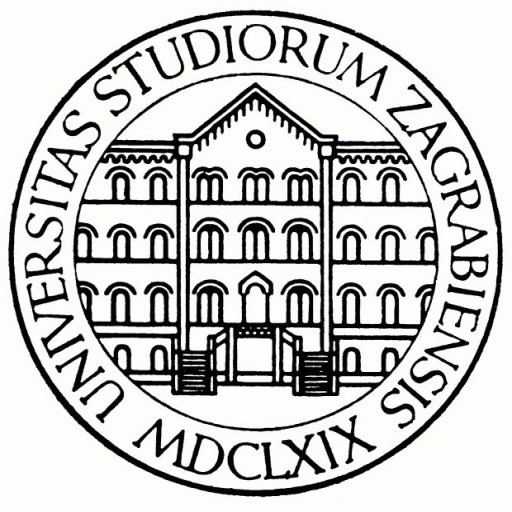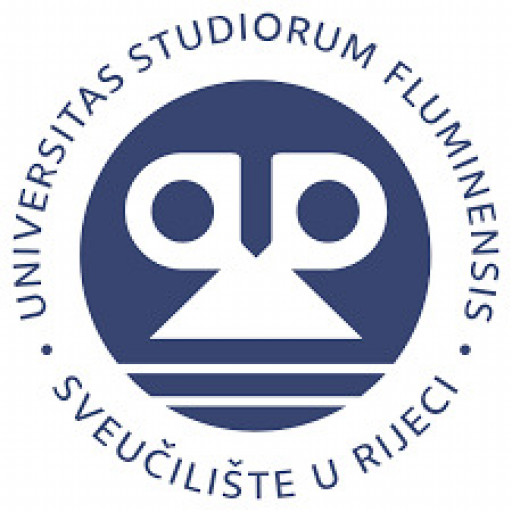Photos of university
The Undergraduate Program in Aquaculture at the University of Dubrovnik offers a comprehensive and interdisciplinary education designed to prepare students for successful careers in the rapidly growing field of aquatic food production, conservation, and management. This program combines theoretical knowledge with practical skills, focusing on the biology, ecology, and technological aspects of aquaculture, as well as sustainable practices that minimize environmental impact. Students will explore diverse topics such as fish and shellfish farming techniques, aquatic organism health management, water quality control, and the use of modern biotechnology in aquaculture development. The curriculum is structured to provide a solid foundation in the natural sciences, including biology, chemistry, and environmental sciences, alongside specialized courses in aquaculture systems, marine biology, and resource management.
Throughout their studies, students engage in laboratory work, field trips, and internships that offer hands-on experience and foster an understanding of real-world challenges faced by the industry. The program emphasizes sustainability and responsible resource utilization, training students to develop innovative solutions for increasing food production while conserving aquatic ecosystems. Graduates will be well-equipped to work in various sectors, such as aquaculture farms, research institutions, environmental agencies, and private companies involved in seafood production, hatchery management, and aquatic-resource conservation. They will also possess the skills necessary for pursuing further education or research in related fields. The University of Dubrovnik’s Aquaculture program aims to develop professionals capable of contributing significantly to the sustainable development of aquatic resources and supporting the global demand for high-quality, responsibly farmed seafood.
Program content: The Bachelor’s Degree program in Aquaculture at the University of Dubrovnik offers a comprehensive education in the principles, practices, and scientific foundations of aquaculture. The program is designed to equip students with theoretical knowledge and practical skills necessary for sustainable development and management of aquatic organisms, including fish, mollusks, crustaceans, and other aquatic species. Throughout the course, students will explore areas such as marine and freshwater ecology, water quality management, fish biology, breeding techniques, aquaculture technology, and environmental impacts of aquaculture activities.
The curriculum combines lectures, laboratory work, field trips, and internships with industry partners to ensure a well-rounded learning experience. Students will gain hands-on experience in hatchery operations, fish farming, water quality analysis, and disease control, preparing them for careers in aquaculture production, research, environmental management, and consultancy. The program emphasizes sustainable practices, innovative technologies, and environmental awareness to meet the demands of the global aquaculture industry.
In addition to core sciences, students will develop skills in project management, data analysis, and communication, enabling them to effectively plan, supervise, and optimize aquaculture operations. The program also encourages participation in scientific research projects and conferences to foster critical thinking and innovation. Graduates will be prepared for employment in aquaculture farms, research institutions, government agencies, and private companies involved in seafood production and environmental conservation. Overall, this program aims to produce knowledgeable, responsible, and skilled professionals who can contribute to the sustainable development of the aquaculture sector both regionally and internationally.
The study program in aquaculture at the University of Dubrovnik requires prospective students to meet several admission criteria. Applicants must have completed a secondary education, typically holding an appropriate high school diploma or equivalent qualification recognized in Croatia. Prior knowledge in biology, ecology, chemistry, and mathematics is beneficial for prospective students, as these subjects form the foundation of the curriculum.
Candidates are often expected to demonstrate proficiency in English, given that some aspects of the program may involve reading scientific literature and participating in international exchanges or collaborations. Evidence of language proficiency can be provided through standardized tests such as TOEFL or IELTS, or through prior education conducted in English, depending on the specific admission guidelines.
The application process entails submitting a completed application form, along with official transcripts from previous education institutions, a motivation letter explaining the applicant’s interest in aquaculture and related fields, and a curriculum vitae outlining relevant experience or extracurricular activities. International students may need to provide additional documentation such as recognition of their diplomas and possibly a student visa approval.
Once admitted, students are required to enroll and participate in orientation activities designed to familiarize them with the university’s facilities, academic policies, and support services. The curriculum includes coursework in aquatic biology, fishery sciences, water quality management, sustainable aquaculture practices, and research methodologies. Practical training is integrated through laboratory exercises and internships, which are essential components of the program designed to equip students with hands-on skills necessary for the aquaculture industry.
Students must also adhere to academic regulations, including maintaining a minimum grade point average to progress through the program. Successful completion of all required coursework, practical training, and a final thesis or project constitutes graduation from the programme. Graduates will receive a degree that qualifies them for employment in aquaculture management, research, environmental protection, and related sectors.
In addition, the university encourages students to participate in international exchanges and seminars to broaden their professional network and enhance their understanding of global aquaculture issues. Support services are available for students throughout their studies, including academic counseling, career guidance, and language support, ensuring that they meet all program requirements effectively.
The financing of the Aquaculture study program at the University of Dubrovnik is primarily based on a combination of sources that support higher education within Croatia and regional funding opportunities. Tuition fees for domestic and international students constitute a significant portion of the program's funding. The university sets these fees according to the regulations established by Croatian higher education authorities, ensuring they are competitive and accessible to a broad spectrum of applicants. Additionally, the program may benefit from government grants and subsidies aimed at promoting education in science and technology fields, particularly those relevant to sustainable food production and marine resource management.
Students may also have access to various scholarships and financial aid options provided by the university or national scholarship programs, which aim to support talented students and reduce financial barriers to higher education. Such scholarships might be awarded based on academic achievement, socio-economic background, or special talents relevant to aquaculture and marine sciences. Furthermore, the university cooperates with industry partners, research institutions, and European Union programs that offer project-based funding, grants, and sponsorship opportunities to develop research activities and practical training opportunities for students.
The program may also be supported by European structural funds designed to bolster regional development projects in marine and aquatic sciences. These funds help finance research infrastructure, educational materials, and international exchange programs, thereby enhancing the program's capacity and quality. Private sector involvement in aquaculture and marine industries could also play a role, providing internship stipends, research sponsorships, and equipment donations, which further contribute to the program’s financial sustainability. Overall, the financing of the Aquaculture program at the University of Dubrovnik is a multifaceted system that leverages national, regional, and industry resources to ensure the high quality and continuous development of the educational offerings.
The University of Dubrovnik offers a comprehensive undergraduate program in Aquaculture designed to prepare students for a versatile career in the aquatic farming industry. This program emphasizes the sustainable development and management of aquatic resources, integrating theoretical knowledge with practical skills essential for success in the field. Students benefit from a modern curriculum that covers key aspects of aquaculture, including biology and ecology of aquatic organisms, fish breeding, hatchery management, water quality control, disease prevention, and environmental impact assessment. The program also incorporates elements of marine and freshwater ecology, providing students with a broad understanding of aquatic ecosystems.
Throughout their studies, students engage in laboratory sessions, fieldwork, and internships that provide hands-on experience. This practical approach equips graduates with the necessary competencies to operate aquaculture facilities, develop innovative solutions for sustainable production, and ensure compliance with environmental regulations. Additionally, the program explores topics such as food safety, quality control, and biosecurity, preparing students for the challenges faced by the aquaculture industry today. The interdisciplinary nature of the program fosters teamwork, problem-solving, and critical thinking skills.
Graduates of the Aquaculture program at the University of Dubrovnik are well-positioned for employment in various sectors, including commercial aquaculture, environmental consulting, research institutions, and government agencies. They may also pursue postgraduate studies or specialized training to advance their careers. The university's commitment to research and innovation in marine sciences ensures that students are exposed to the latest developments and technologies. Overall, the program aims to contribute to the sustainable development of the aquaculture sector in Croatia and beyond, promoting responsible resource management and ecological balance.
